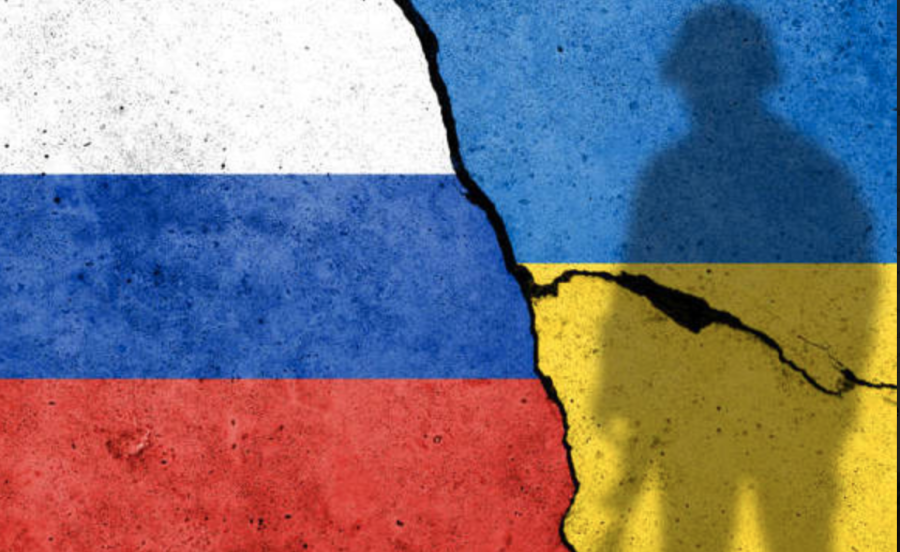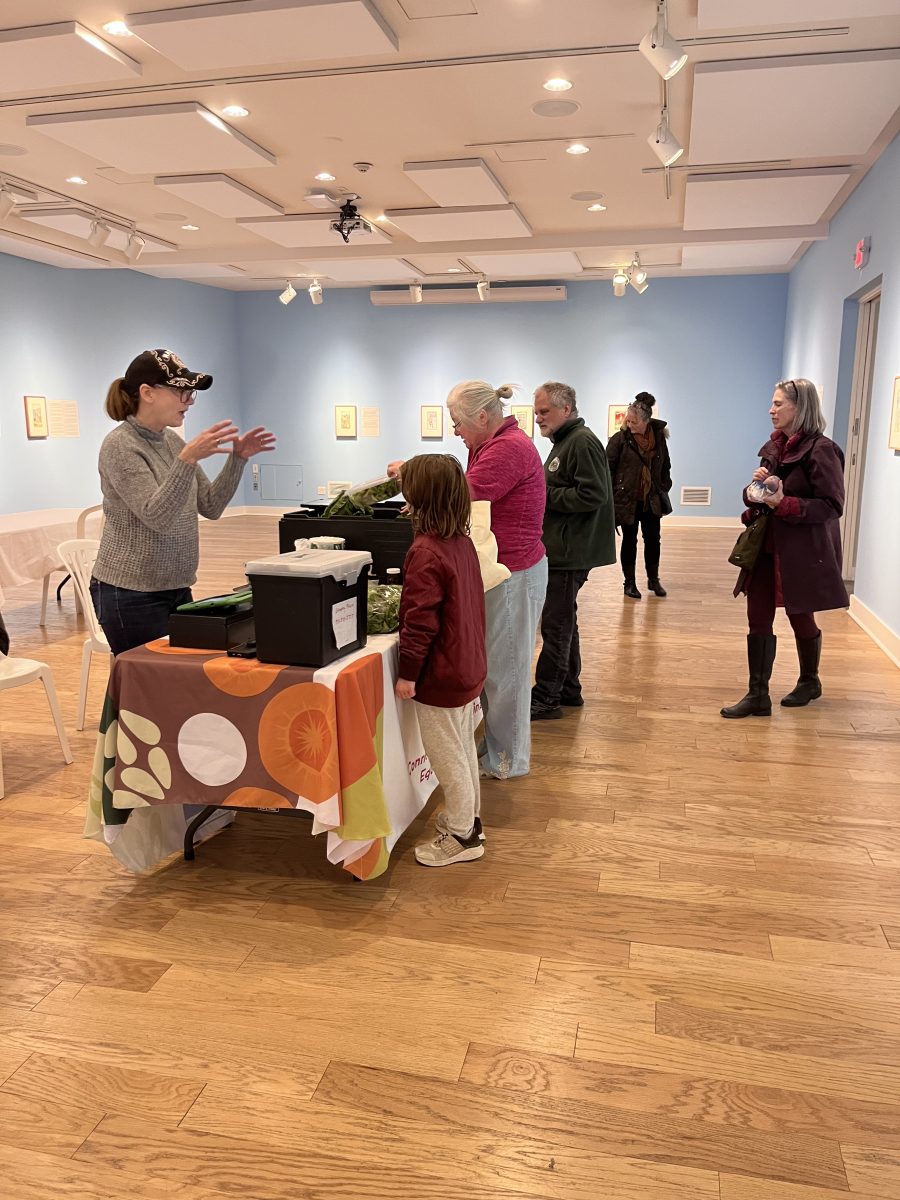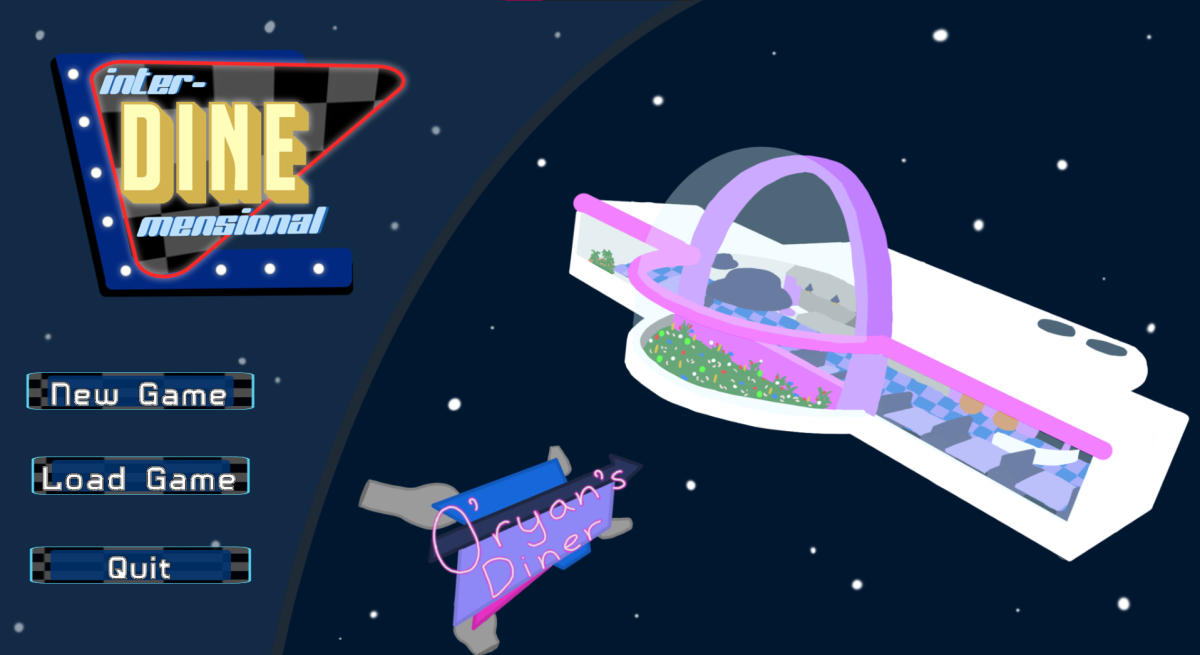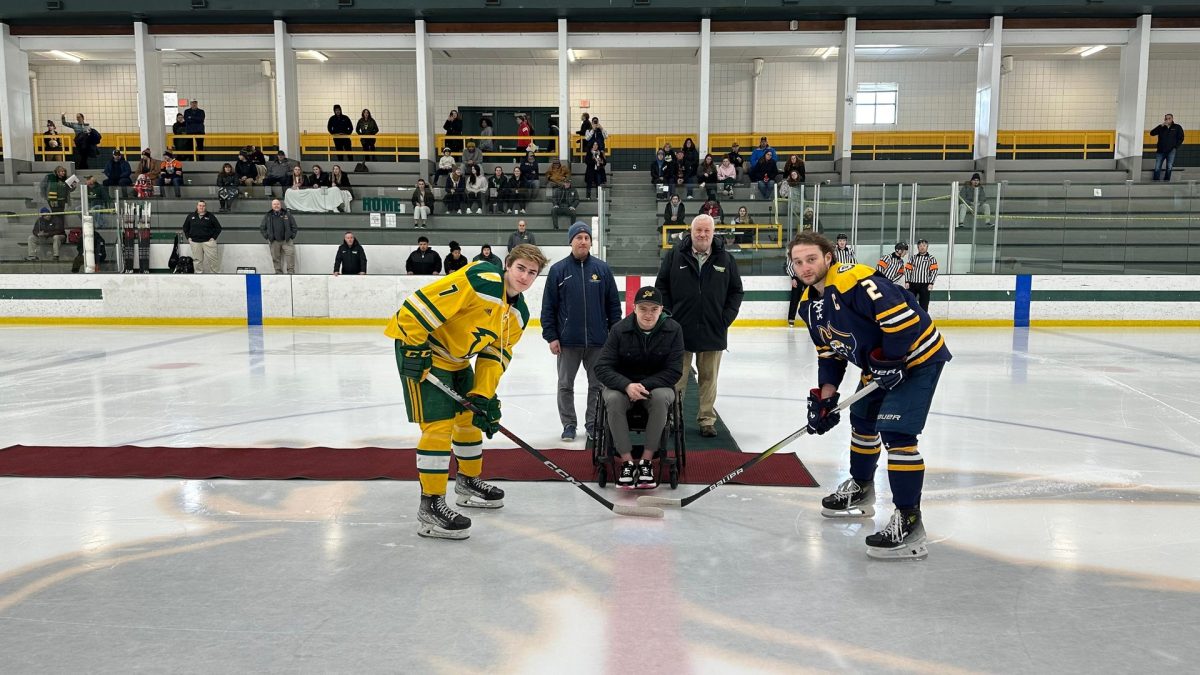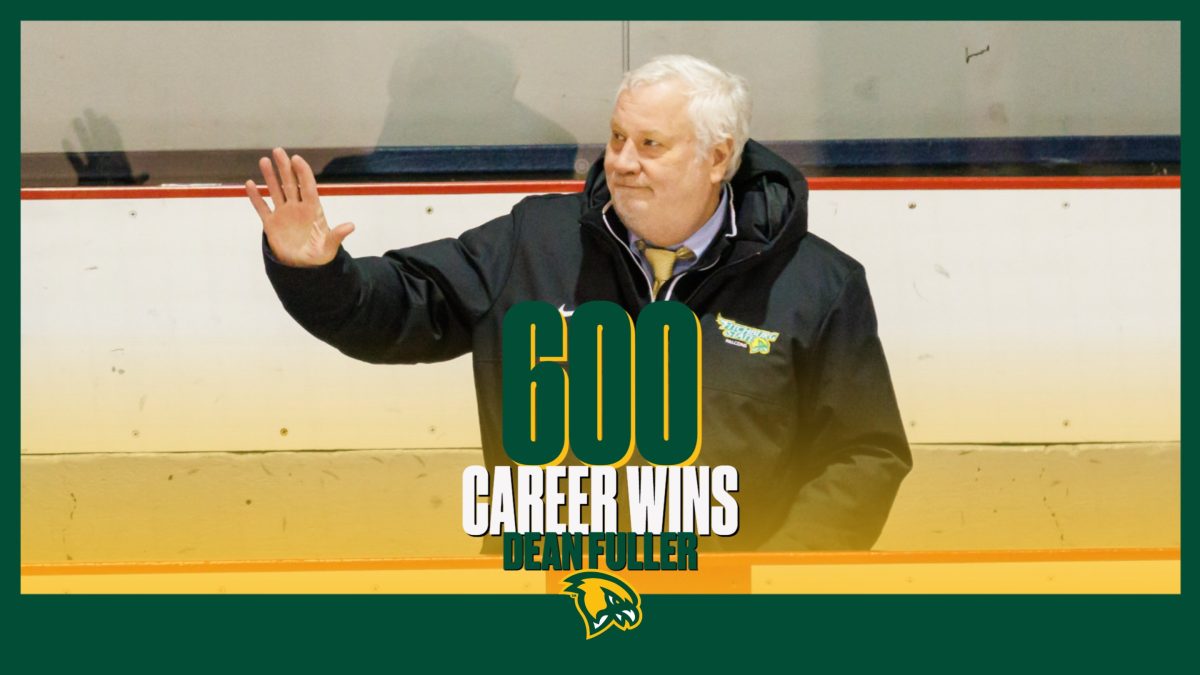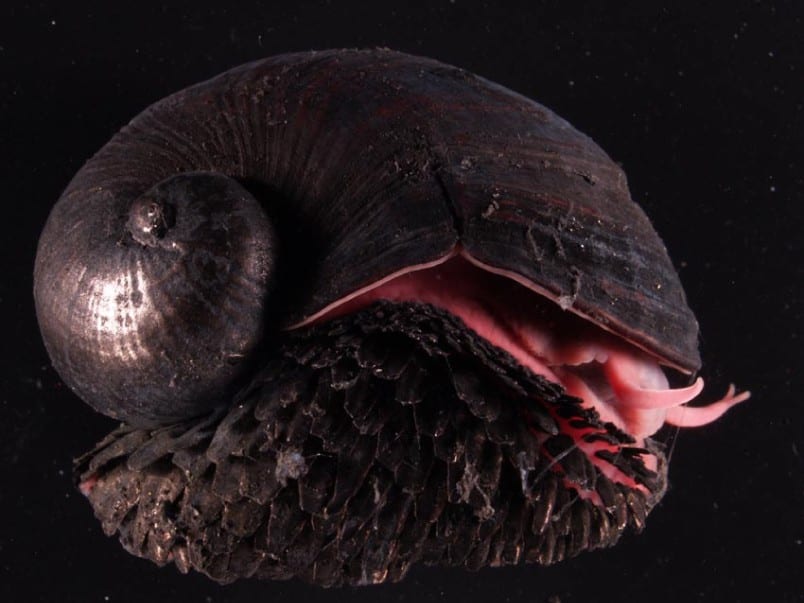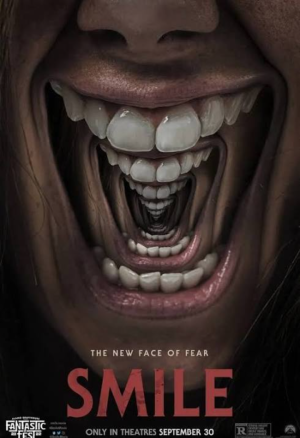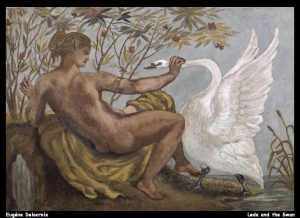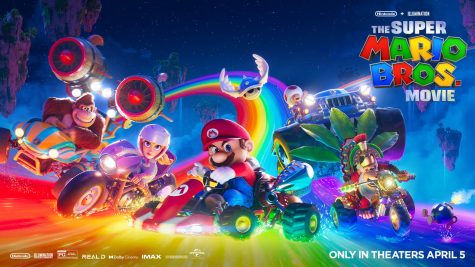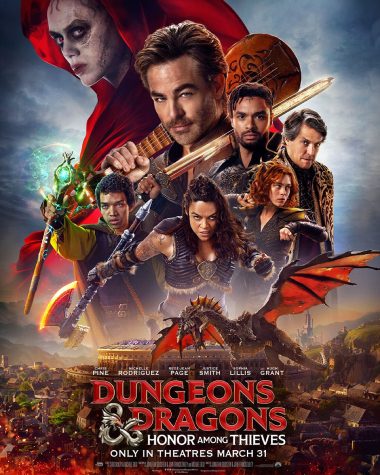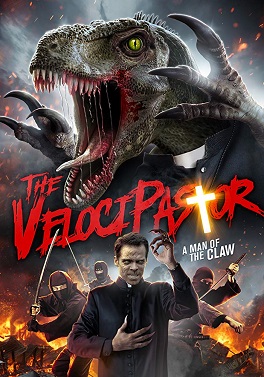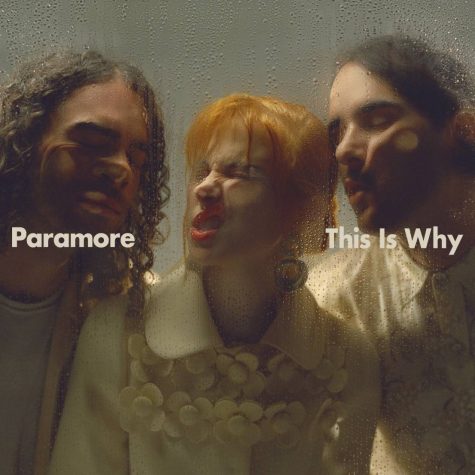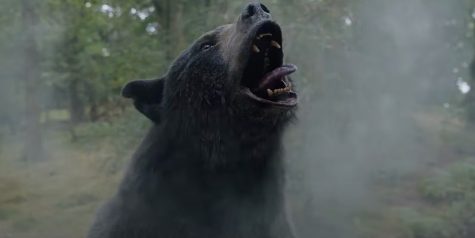Processing the Conflict in Ukraine
April 14, 2022
On Tuesday April 5th, 2022 at 3:30PM, an educational event regarding the current conflict between Ukraine and Russia was hosted by SGA, OSD, and EHPS. Several speakers were in attendance, ranging from faculty in the Economics, History, and Political Science department to students who recited their own personal recounts on a previous research trip to Poland. The event was made available to students and faculty both virtually via Google Meet as well as being hosted in the Hammond Main Lounge.
Professor Teresa Thomas initiated the event by discussing a general background of Russian and Ukrainian history in terms of their ongoing conflict. She factually stated a timeline that displayed the various occasions in Ukrainian history where its people have been massacred in large numbers.
The conflict between Ukraine and Russia has been ongoing since 2014, with fatalities amassing 14,000 — a quarter of these lives lost being Ukrainian civilians. In addition to this, millions of Ukrainian people have been displaced from their homes as a result of Russian invasion. This has ultimately led to a refugee crisis that began at the end of February of this year.
Efforts to deter Russian invasion and overall influence over Ukrainian territory were discussed in reference to NATO and EU members. The presentation detailed ways to become independent from Russian resources, such as oil and gas, through expediting “non-Russian purified natural gas” in an attempt to utilize “cleaner energy” across Europe.
The captivating resilience of Ukraine was heavily considered throughout the lecture, particularly when highlighting first-hand accounts of those who visited Poland. Faculty and students were able to interview both Polish as well as Ukrainian individuals who had been personally affected by the current tensions. One student announced that “the one thing they voiced to us is that they know how to handle trouble.”
Despite the rather intense and brutal invasion from Russian forces in the past five weeks, the Ukrainian government has been able to remain intact. This reveals to both Ukrainian citizens, as well as onlookers from other countries and continents, how resilient and determined Ukraine has remained.
Russia’s president, Vladimir Putin, has continuously undermined Ukrainian citizens. Putin has repeatedly stated that Ukraine and Russia are not two separate nations, but rather unnaturally divided by their borders since Ukrainian independence in August of 1991.
Putin’s claim that the people of Ukraine are actually Russian further removes these individuals from a sense of true Ukrainian identity.
The presentation continued as speakers informed audience members of “The Misses” that often occur due issues with communication within a conflict. In a generalized sense, this materializes as a result of people “hearing what they want to hear.”
Similarly, people tend to ignore, downplay, and place blame on others instead of fully coming to an understanding of the root of the problem. This notion helps to set the precedent of the origins of war, as well as the different levels that often feed off of one another in an attempt to worsen the conflict altogether.
The presentation further analyzed these levels and broke them down into the Individual, National, and International. The Individual, being Putin, highlights his own persona and the choices he makes as a leader. The National represents the nationalisitic ideologies that Russia as a nation has and forces on its people. The International is the level in which exposes Russia for its feelings of insecurity in terms of greatness and overall power in comparison to the “American dominated global system”, as referenced within the slideshow presentation.
In contrast to the many somber occurrences against Ukraine, ideas of resolution and ways to aid those in need were discussed. This includes “participating in peace negotiations” as well as offering external support. One faculty member even stated that “Resolution is getting both sides to want to end the conflict.”
In a previous email sent out by the Fitchburg State Volunteer Center on March 15th, 2022, numerous organizations and links were attached for students, faculty, and community members alike to donate in order to help Ukrainian citizens with food, medical supplies, shelter, and basic necessities.


